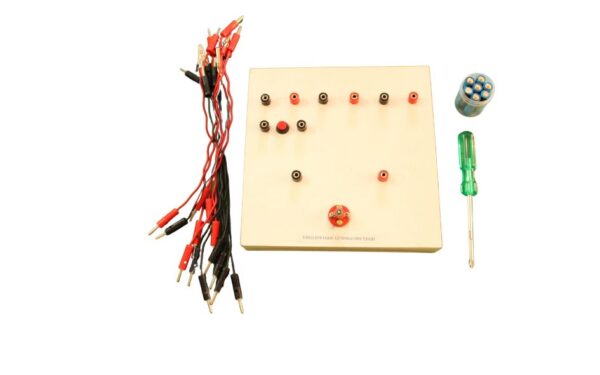

SERIES AND PARALLEL WITH BATTERIES WORKING MODEL
SCIENCE LAB EQUIPMENT WORKING MODEL / SCIENCE EXHIBITION WORKING MODEL
5 in stock
Refund
Unfortunately, once an order is placed, there is no refund available. However, we do offer exchanges for defective or damaged items.
Due to the nature of our products and the potential for misuse or mishandling, we do not offer refunds. We believe in customer satisfaction and strive to provide quality exchanges for any issues that may arise.
If you have received a defective or damaged item, please contact our customer service team and they will assist you with the exchange process. Please note that exchanges are subject to availability and product conditions.
We do not offer refunds for change of mind purchases, but we do offer exchanges for valid reasons such as defects or damages.
Delivery
My Science Kart delivers orders through a reliable and efficient shipping service to ensure your products arrive safely and on time.
Yes, you can easily track your order from My Science Kart by using the tracking number provided to you once your order has been shipped.
If you have any issues with your order from My Science Kart, please contact our customer service team who will be happy to assist you and resolve any problems.
Payment
You can pay for your purchases on My Science Kart using various payment methods such as credit/debit cards, net banking, UPI’s and mobile wallets.
Yes, we use industry-standard encryption technology to protect your payment information and ensure that it is secure.
If you have any payment-related queries or issues on My Science Kart, you can contact our customer support team through the website or email us at support@mysciencekart.com.
SERIES AND PARALLEL WITH BATTERIES
Sure, let’s discuss how to connect batteries in series and parallel configurations:
**Series Connection:**
When batteries are connected in series, the positive terminal of one battery is connected to the negative terminal of the next battery. This configuration increases the total voltage of the circuit while keeping the capacity (mAh or Ah) the same as that of an individual battery.
**Procedure for Series Connection:**
1. Take two or more batteries.
2. Connect the positive terminal of one battery to the negative terminal of the next battery, and continue this pattern until all batteries are connected.
3. The remaining open positive terminal of the first battery and the open negative terminal of the last battery will be the output terminals of the series connection.
**Characteristics of Series Connection:**
1. The total voltage of the battery bank is the sum of the voltages of each individual battery.
2. The capacity (mAh or Ah) remains the same as that of an individual battery.
3. The total voltage across the batteries increases, while the current capacity remains constant.
**Parallel Connection:**
When batteries are connected in parallel, the positive terminals of all batteries are connected together, and the negative terminals are connected together. This configuration keeps the voltage the same as that of an individual battery but increases the overall capacity of the battery bank.
**Procedure for Parallel Connection:**
1. Take two or more batteries.
2. Connect all the positive terminals of the batteries together and all the negative terminals together.
3. The remaining open positive terminal and open negative terminal will be the output terminals of the parallel connection.
**Characteristics of Parallel Connection:**
1. The total voltage of the battery bank remains the same as that of an individual battery.
2. The capacity (mAh or Ah) of the battery bank is the sum of the capacities of each individual battery.
3. The total capacity of the batteries increases, while the voltage remains constant.
**Comparison:**
– In series connection, the voltage adds up while the capacity remains the same.
– In parallel connection, the voltage remains the same while the capacity adds up.
Understanding these principles is crucial for designing battery systems for various applications, such as in electronics, automotive, or renewable energy systems.
Series Connection:
- Configuration: In a series connection, the positive terminal of one battery is connected to the negative terminal of another battery, and so on, forming a chain.
- Voltage: The total voltage of the batteries in series is the sum of the individual battery voltages.
- Current: The current remains the same across all batteries in series.
- Capacity: The capacity remains the same as that of an individual battery.
- Advantages:
- Increases the total voltage output, useful for applications requiring higher voltage.
- Disadvantages:
- If one battery fails, it can affect the performance of the entire series.
Parallel Connection:
- Configuration: In a parallel connection, all the positive terminals of the batteries are connected together, and all the negative terminals are connected together.
- Voltage: The voltage remains the same as that of an individual battery.
- Current: The total current output is the sum of the currents from each battery.
- Capacity: The total capacity increases, as the batteries work together to supply power.
- Advantages:
- Increases the total current output, beneficial for applications requiring higher current.
- Redundancy: If one battery fails, the others can continue to supply power.
- Disadvantages:
- Does not increase voltage, which may be a limitation in applications requiring higher voltage.
Comparison:
- Voltage: Series connection increases voltage, while parallel connection maintains voltage.
- Current: Parallel connection increases current, while series connection maintains current.
- Capacity: Parallel connection increases total capacity, while series connection maintains capacity.
- Redundancy: Parallel connection offers redundancy, while series connection does not.
Applications:
- Series Connection: Used in applications requiring higher voltage, such as in electric vehicles or solar arrays.
- Parallel Connection: Used in applications requiring higher current or extended battery life, such as in portable electronics or backup power systems.
Conclusion:
Choosing between series and parallel connection depends on the requirements of the specific application. Understanding the characteristics and advantages of each configuration helps in designing efficient and reliable battery systems for various purposes.
| Weight | 0.5 kg |
|---|---|
| Dimensions | 25 × 25 × 5 cm |
You must be logged in to post a review.
Q & A
Related Products
LIGHT RAY TRAVELS FROM A DENSER MEDIUM TO RARER MEDIUM WORKING MODEL
- ✓ 100% Quality products
TOTAL INTERNAL REFLECTION WORKING MODEL
- ✓ 100% Quality products
BASIC ELECTRIC CIRCUIT ( THREE CASES) WORKING MODEL
- ✓ 100% Quality products
KIRCHHOFF'S JUNCTION LAW WORKING MODEL
- ✓ 100% Quality products
MAGNETIC FIELD DUE TO SOLENOID WORKING MODEL
- ✓ 100% Quality products
SERIES CONNECTION OF RESISTORS WORKING MODEL
- ✓ 100% Quality products
AC ELECTRIC GENERATOR WORKING MODEL
- ✓ 100% Quality products
ELECTRIC SHOCK WORKING MODEL
- ✓ 100% Quality products
Product categories
- Circuits & Projects 233
- My Science Kart 665
- Raw Materials For Projects & Lab Equipments 381
- Science Exhibition 516
- Science Exhibition Projects & Working Models 344
- Biology Science Exhibition Projects & Working Models 31
- Chemistry Science Exhibition Projects & Working Models 12
- Mathematics Science Exhibition projects & Working Models 7
- Physics Science Exhibition Projects & Working Models 129
- Robotics Science Exhibition Projects & Working Models 23
- Social Science Exhibition Projects & Working Models 20
- Science Lab Equipments With Working Models 363
Cart
TRULY INDIAN EDUCATION BRAND
Over 10,000+ Happy Customers
My Science Kart
Address:- Ground floor, Lakshmi Nagar, D.No:- 40-1/1-5, PVP Mall Backside, Mogalrajapuram, Labbipet, Vijayawada, Andhra Pradesh 520010
7673977997, 0866-3543677
mysciencekart@gmail.com
Categories
MAP
© My Science Kart 2024, Designed & Developed By Synfocy Tech Solutions

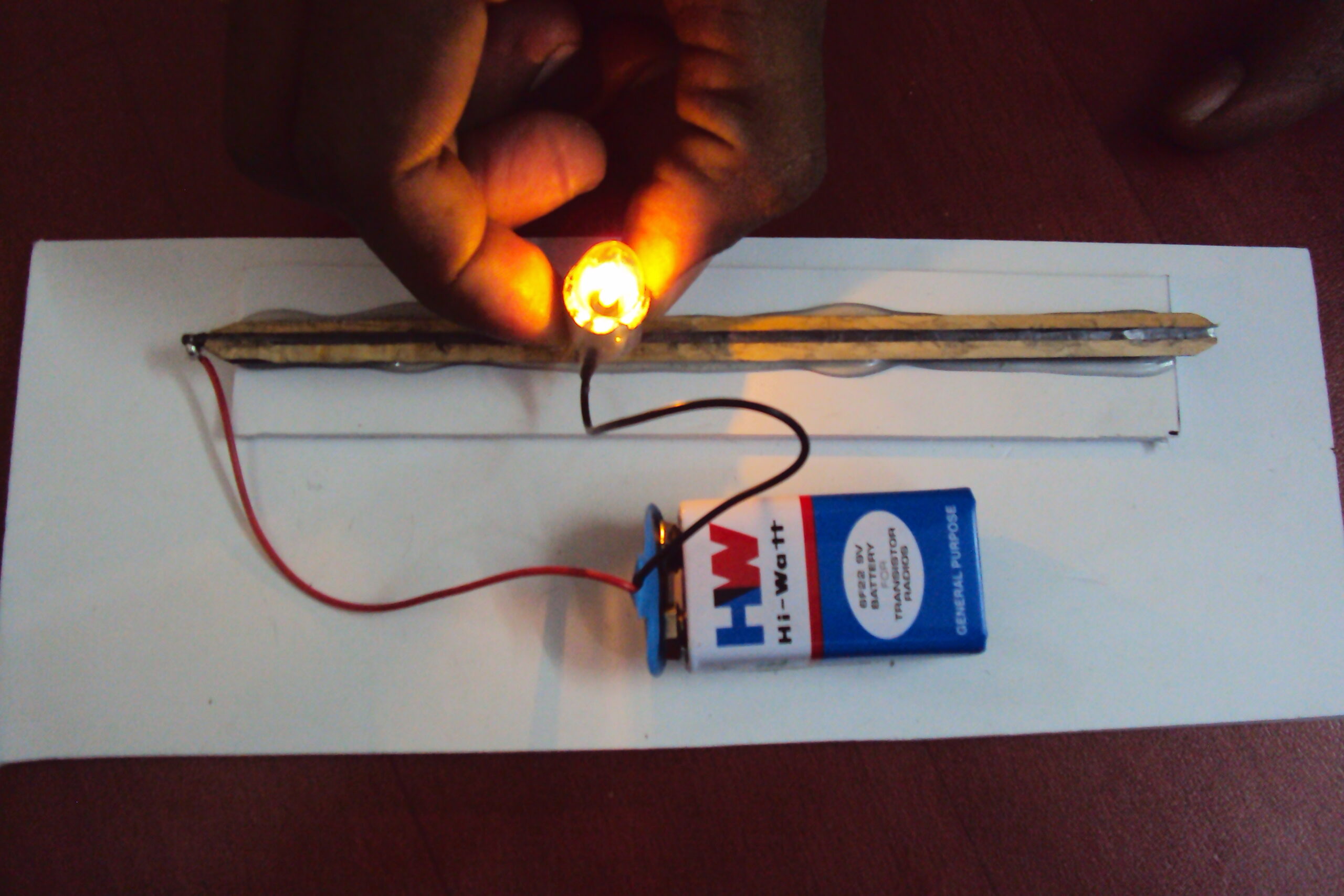
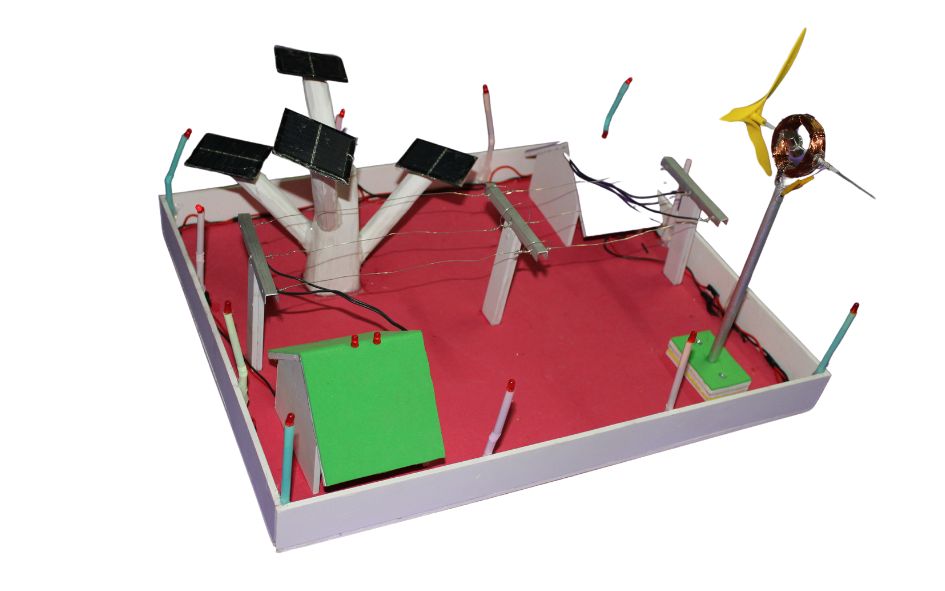
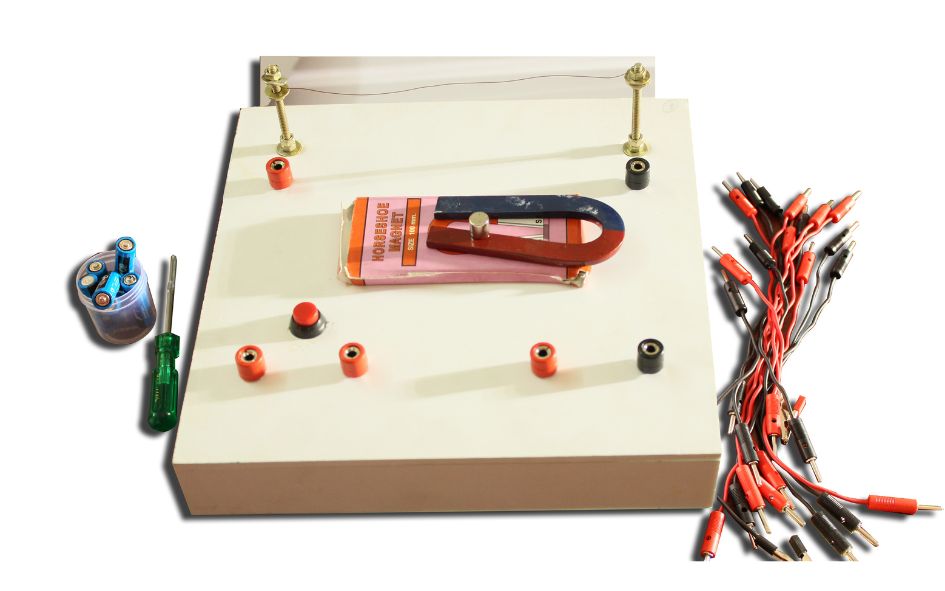
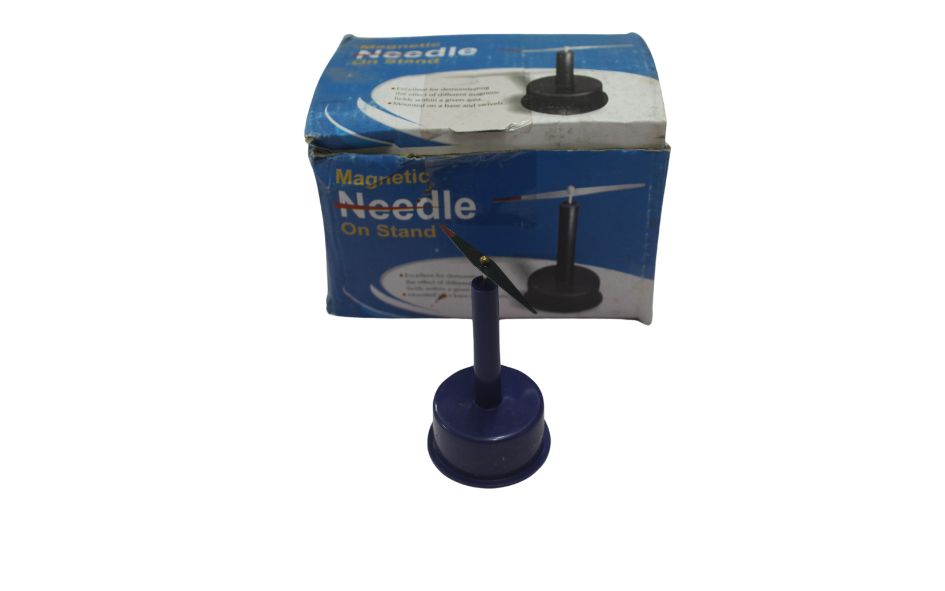
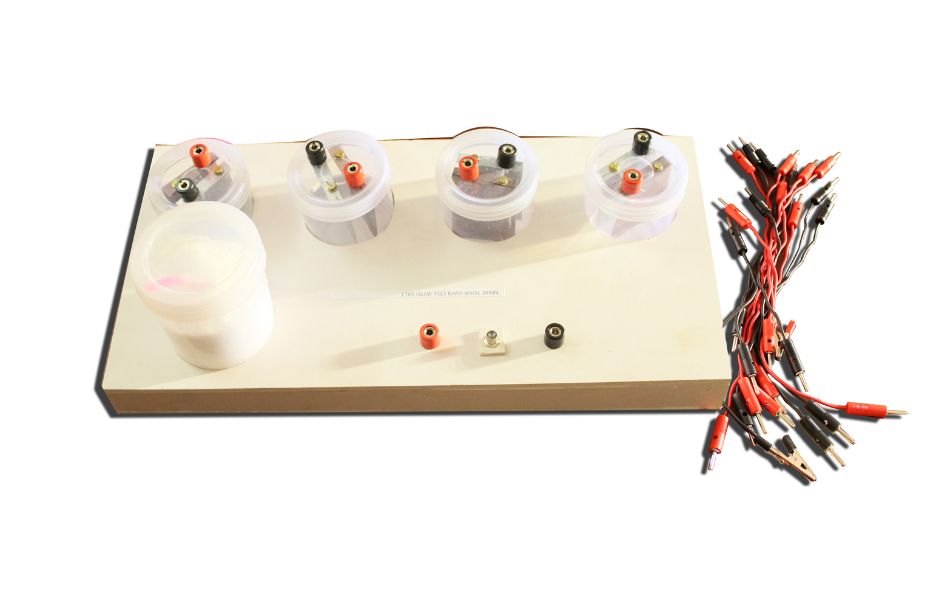
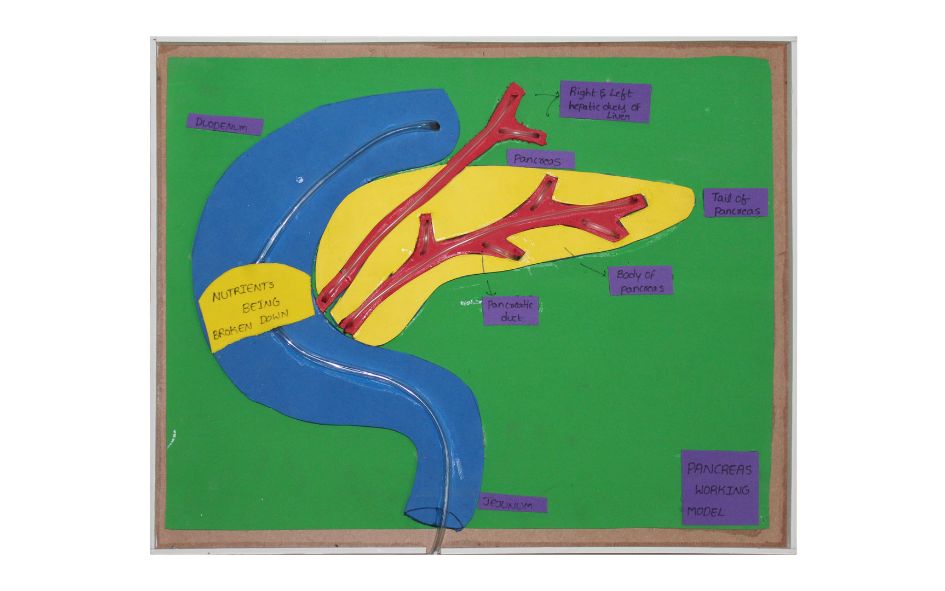
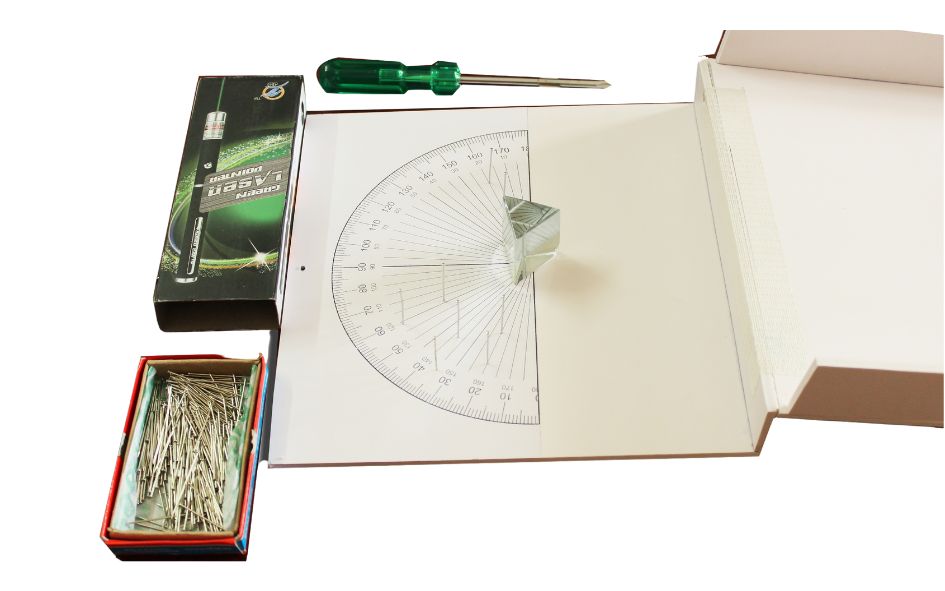
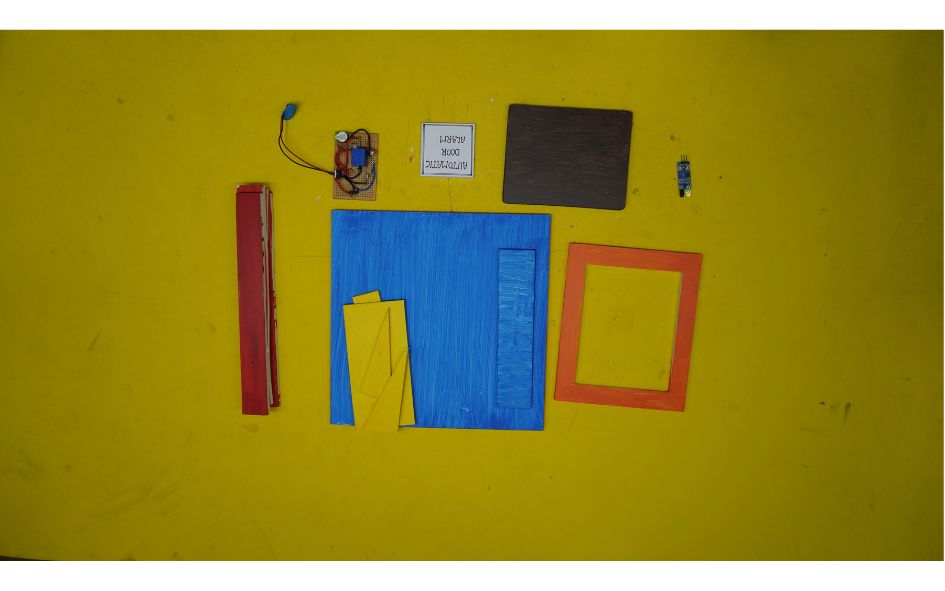
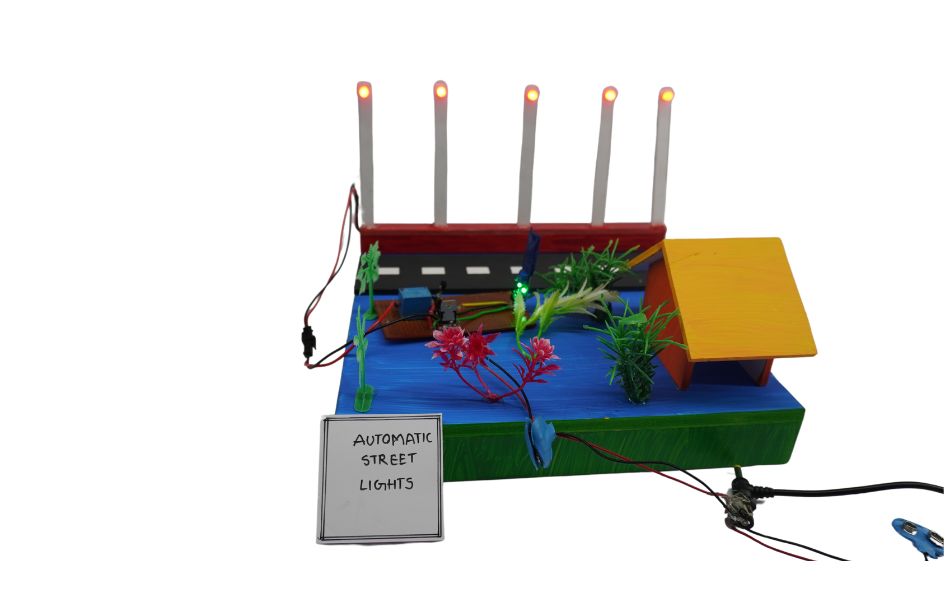


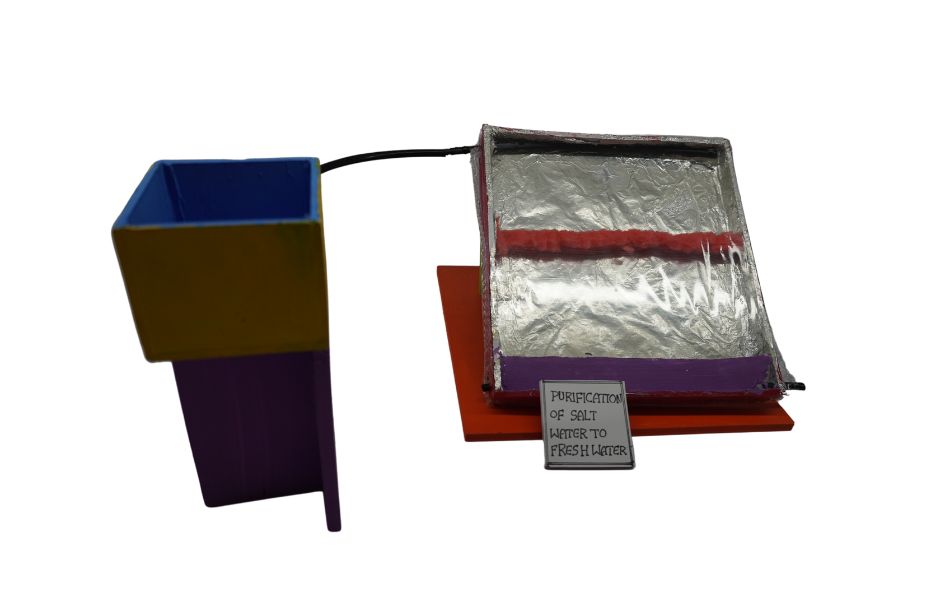
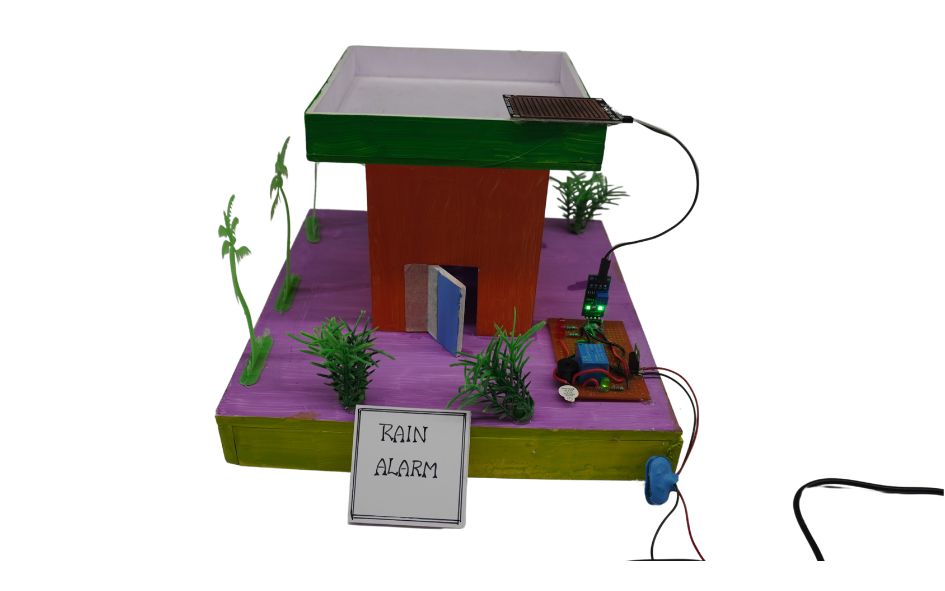
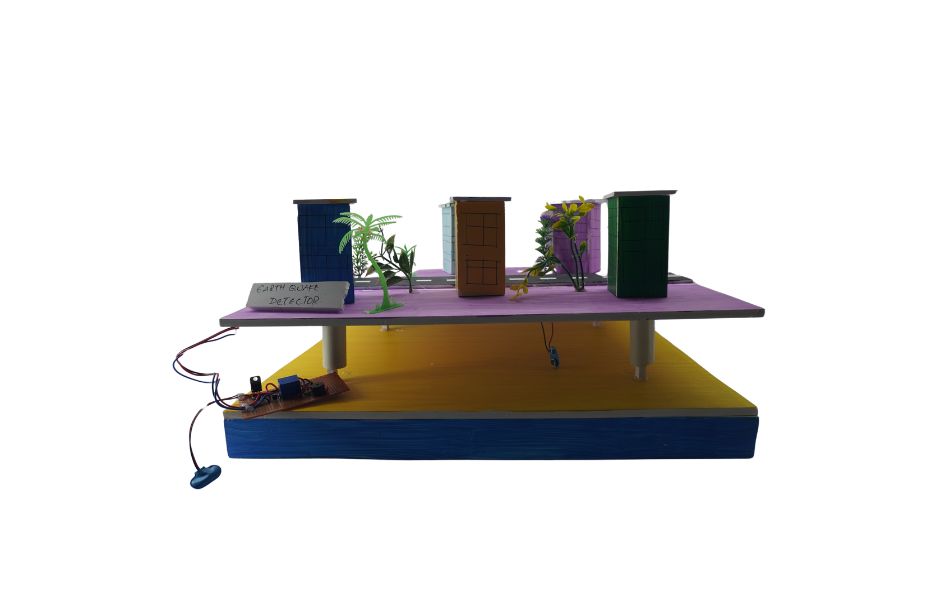
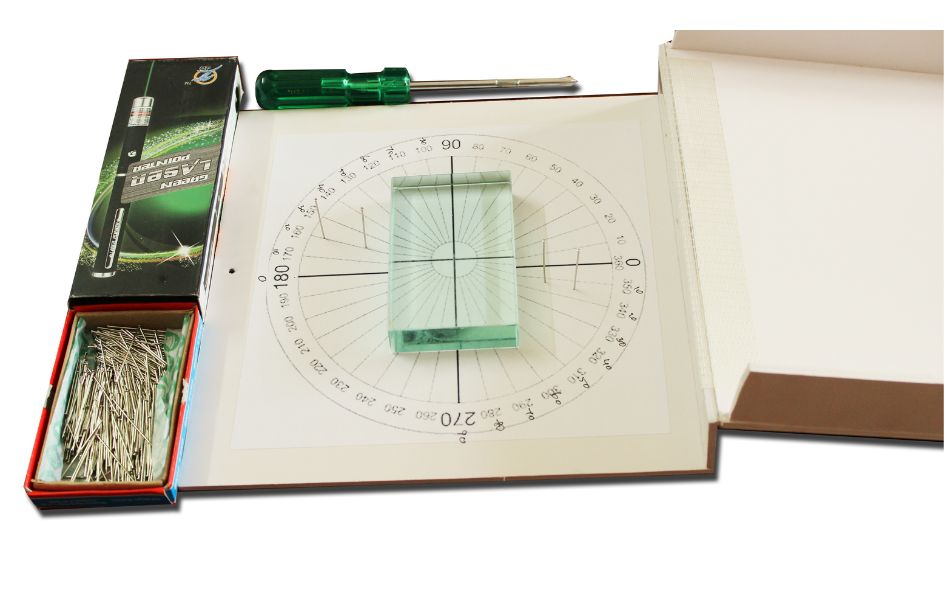
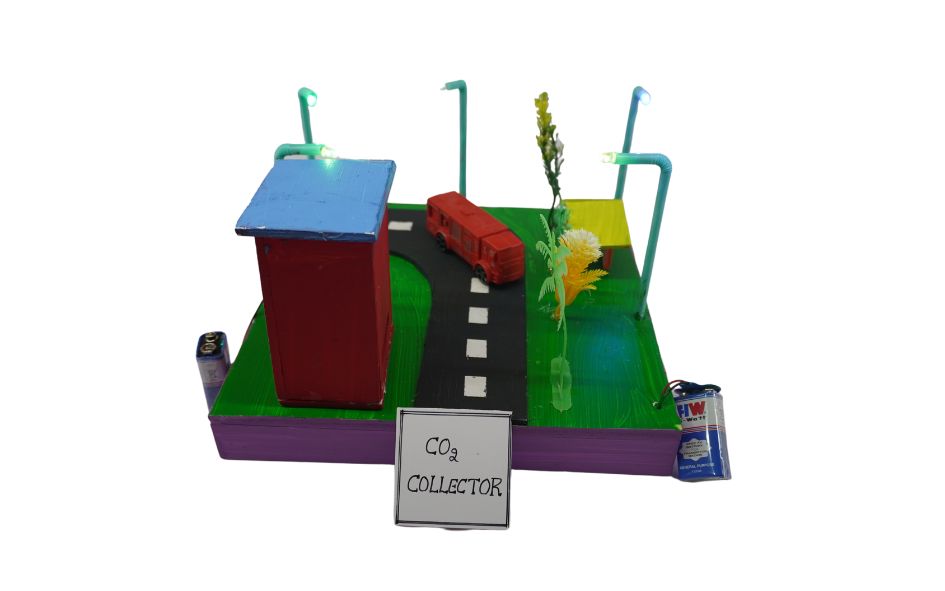
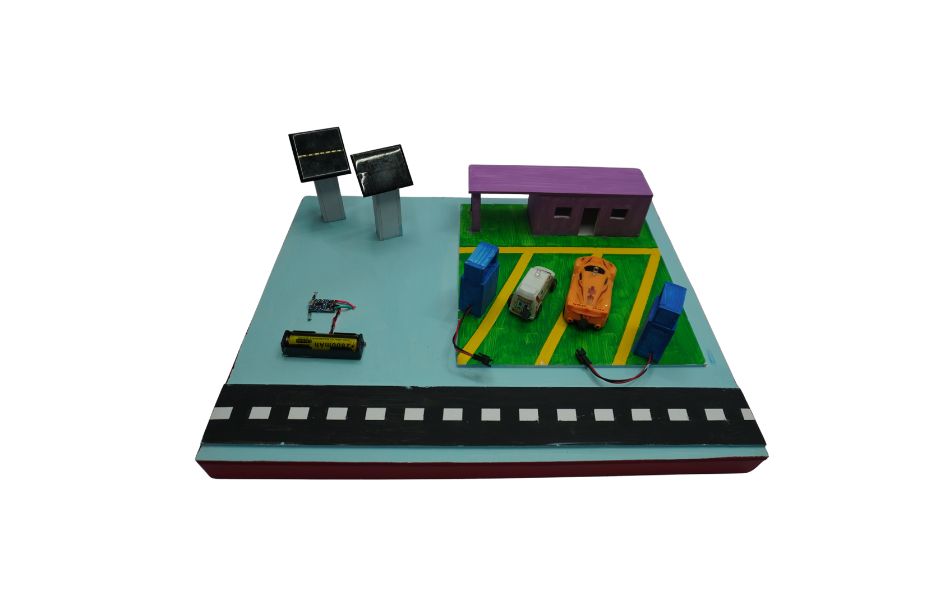
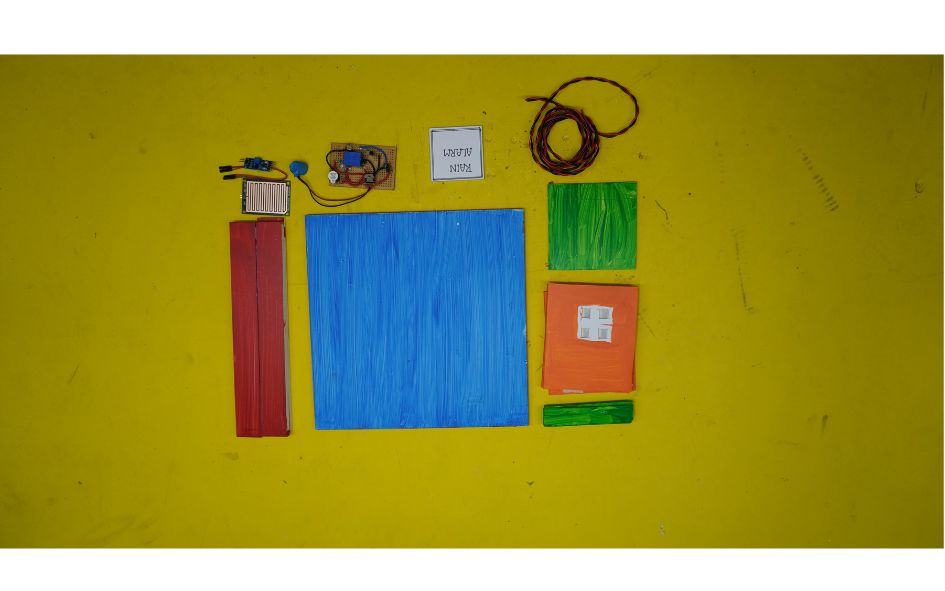
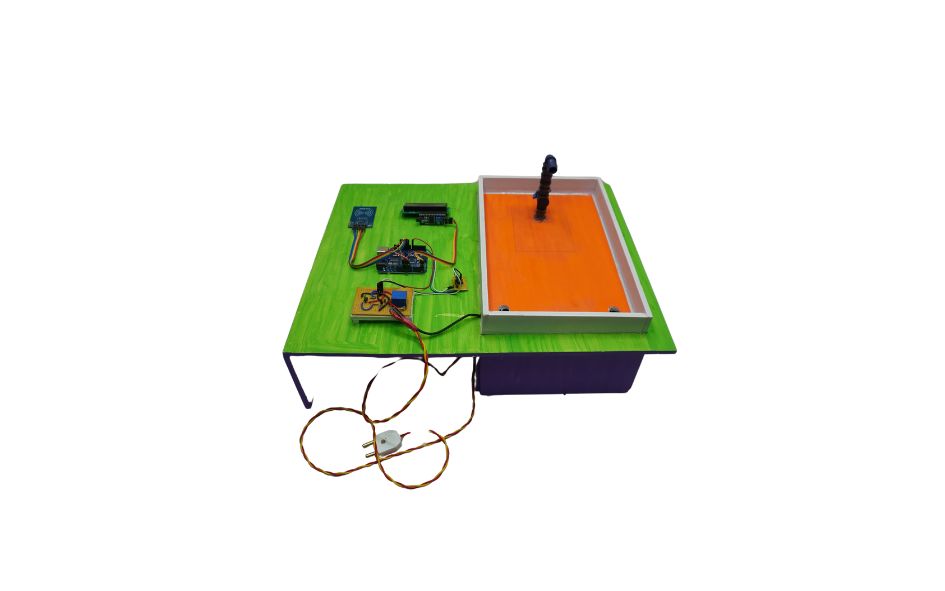
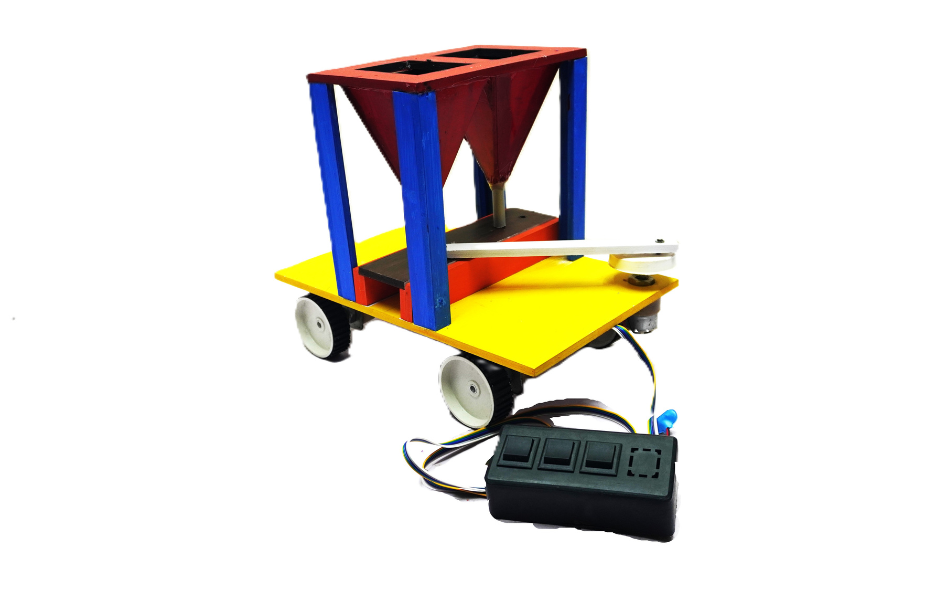
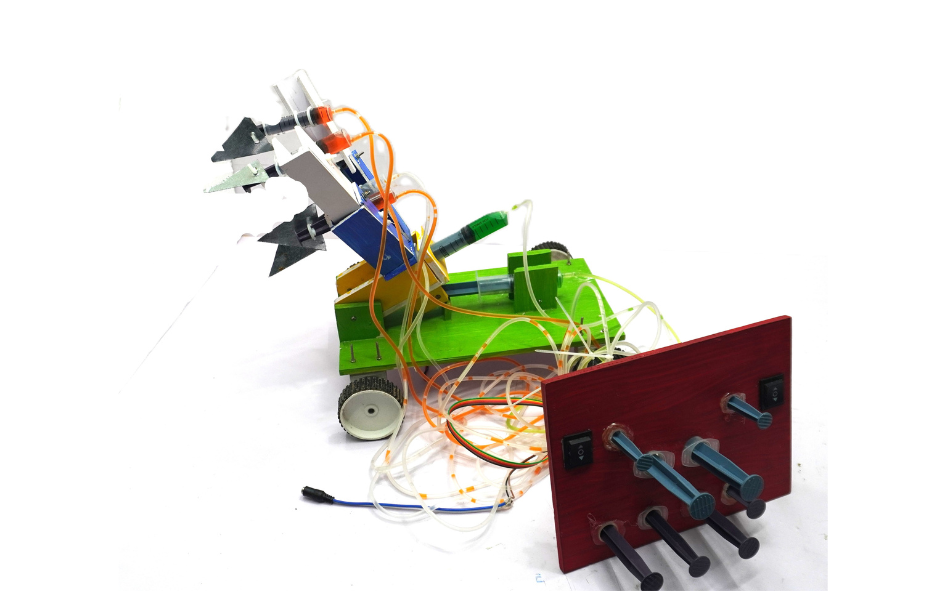
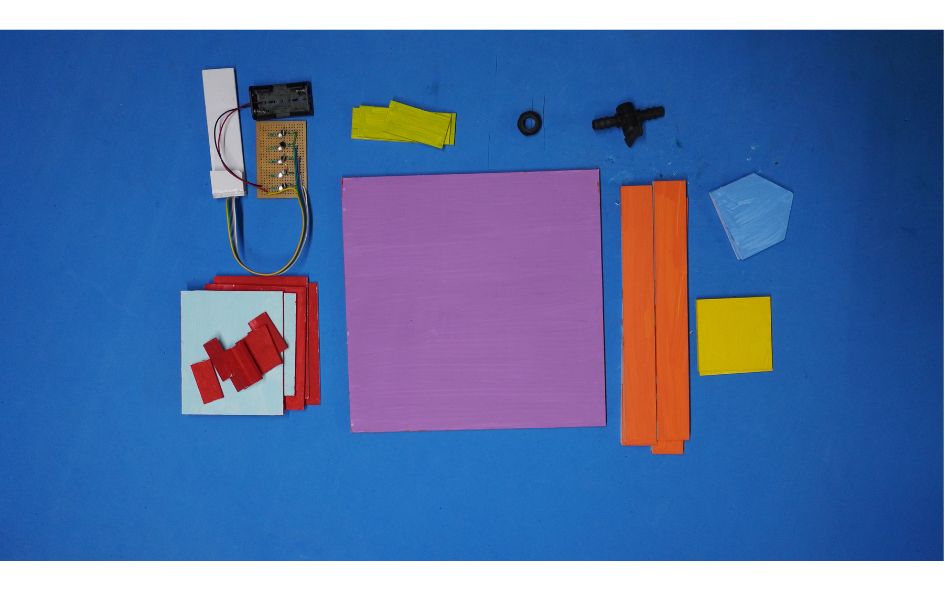

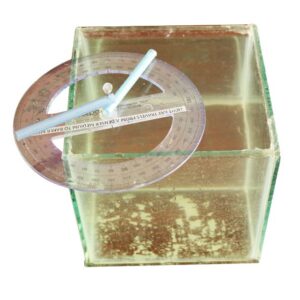
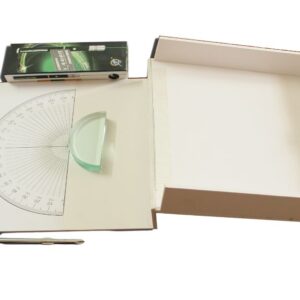
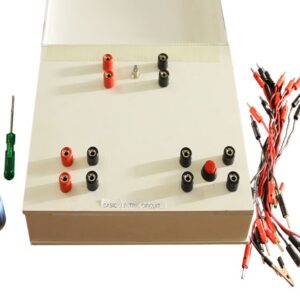
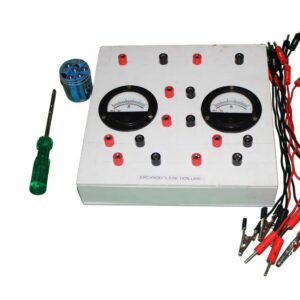
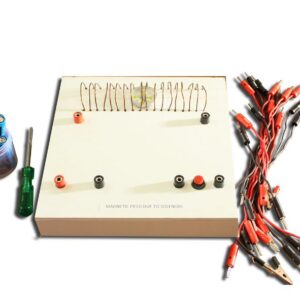
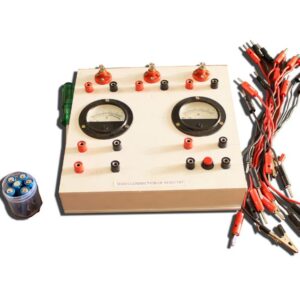
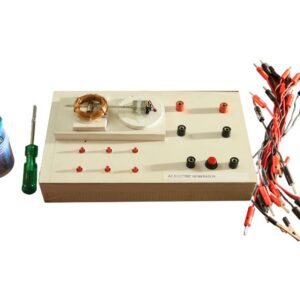
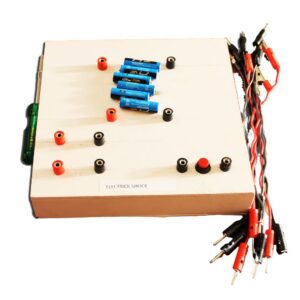
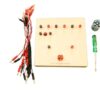
Reviews
There are no reviews yet